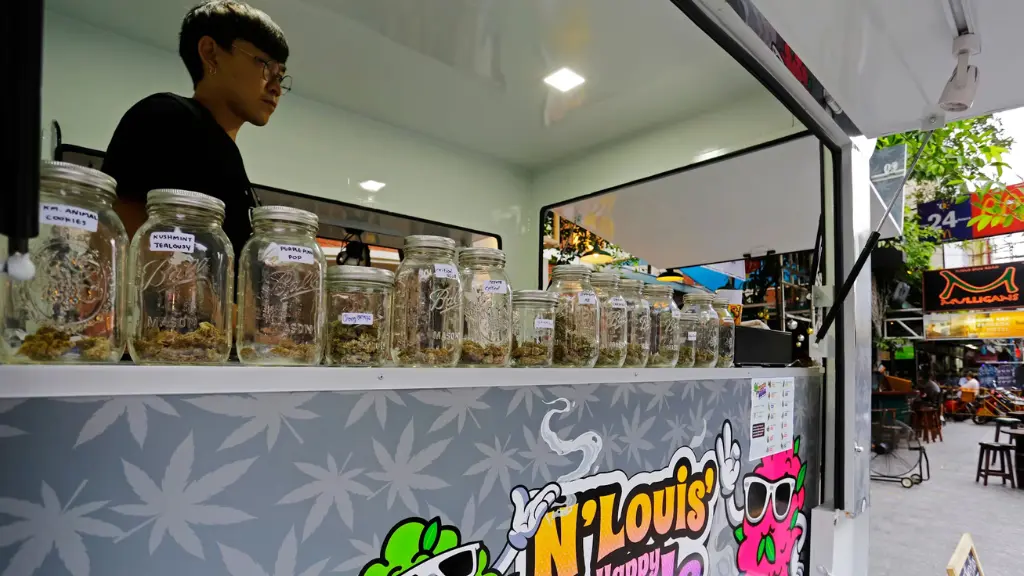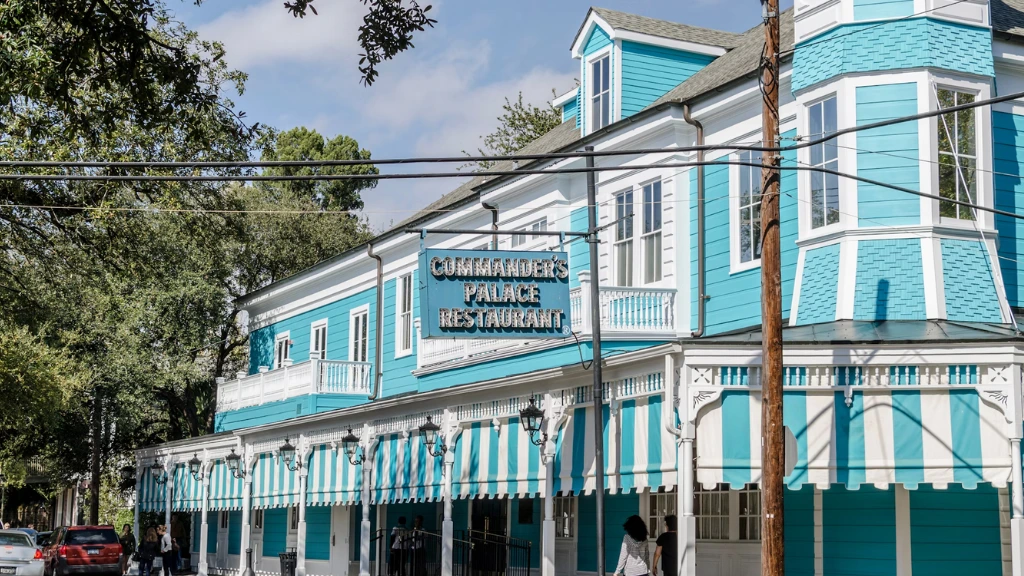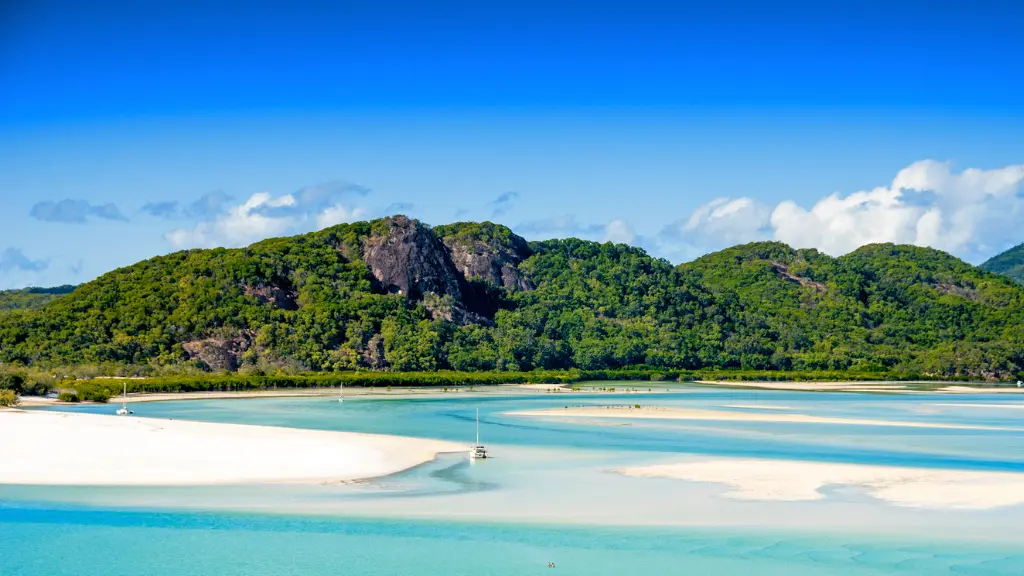Thailand made headlines in 2022 when it became the first country in Southeast Asia to decriminalize cannabis, ushering in a new era of medical marijuana use, cultivation, and a growing cannabis industry. However, the laws are complex, and for tourists, navigating the cannabis landscape in Thailand requires careful consideration.
In this guide, we’ll break down the current cannabis laws in Thailand, explain what’s legal and what isn’t, and provide crucial tips for travelers looking to explore Thailand’s budding cannabis culture while staying on the right side of the law.
You May Also Like: Machu Picchu Has New Routes for 2024 – Here’s What You Need to Know
1. Legalization Overview: What Changed in 2022?
In June 2022, Thailand removed cannabis from its narcotics list, making it legal to cultivate and possess cannabis, with strict guidelines for medical and research purposes. The move was primarily designed to boost Thailand’s wellness and pharmaceutical industries, but the rapid growth of cannabis cafes, dispensaries, and edible products has created a complex legal landscape.
For travelers, this means cannabis is no longer illegal, but understanding the nuances of these new regulations is key to avoiding any trouble.
2. Is Recreational Cannabis Use Legal?
Here’s where it gets tricky—recreational cannabis use is still in a gray area. While personal use is technically legal, the Thai government has emphasized that cannabis should be used for medical purposes only. Smoking cannabis in public places is prohibited, and tourists caught smoking in public spaces can face fines or imprisonment under public nuisance laws.
If you’re visiting Thailand, it’s important to remember that you cannot openly smoke or use cannabis in tourist spots, streets, or public venues.
3. Public Consumption: What’s Allowed?
One of the most important things for tourists to know is that public consumption of cannabis is banned. This means that if you’re visiting Thailand and decide to use cannabis, you’ll need to do so privately. While some hotels and private venues may allow it, it’s always best to check with your accommodation ahead of time.
Public smoking, particularly in places like beaches, parks, or temples, can result in hefty fines, and the government has ramped up efforts to crack down on public nuisance offenders. In short, while you may be able to access cannabis, using it openly is still highly restricted.
4. Medical Cannabis in Thailand: How Tourists Can Access It
Thailand’s cannabis legalization is largely focused on medical use. Medical marijuana is legal for those with prescriptions, and this includes both locals and foreigners. Tourists who require cannabis for medical reasons should travel with proper documentation from their doctor. Thai law allows the use of medical cannabis if you have a valid prescription, and some dispensaries offer consultations for those looking to purchase it.
However, don’t expect to walk into any dispensary and purchase high-THC products for recreational purposes. Cannabis products sold to tourists must adhere to the legal limit of 0.2% THC, which severely limits the psychoactive effects.
5. Cannabis Products: Edibles and Oils
In Thailand, cannabis has entered the mainstream with cannabis-infused food and drinks. Many cafes and restaurants, particularly in cities like Bangkok and Chiang Mai, offer items like cannabis-laced brownies, smoothies, and coffees. These products must contain less than 0.2% THC, keeping them within the legal guidelines. While the THC content is minimal, these edibles have become a popular way for tourists to experience cannabis legally without smoking.
Cannabis oils, tinctures, and topicals are also available at licensed dispensaries, making them a popular choice for tourists looking for a non-smokable option.
6. Buying Cannabis in Thailand: Dispensaries and Markets
Cannabis dispensaries have proliferated across Thailand’s major cities and tourist hotspots, especially in Bangkok and Phuket. These dispensaries operate under strict regulations, and all products sold must comply with the 0.2% THC limit for tourists. While some dispensaries cater more toward local medical cannabis users, others have embraced cannabis tourism, offering lower-THC products and non-psychoactive CBD options.
It’s worth noting that dispensaries require proof of age, and you must be at least 20 years old to purchase cannabis products in Thailand. You’ll also be required to present identification, so make sure to carry your passport.
7. The Legal Limit: THC Concentration and Regulations
One key regulation for tourists to keep in mind is the legal limit on THC content. Under Thai law, all cannabis products sold for non-medical use must contain less than 0.2% THC. This includes edibles, oils, and cosmetics.
This low concentration makes the effects of the cannabis products mild, meaning you won’t experience the psychoactive “high” associated with higher THC levels. Products that exceed this limit are restricted to medical patients with proper prescriptions.
8. Can You Bring Cannabis to Thailand?
Bringing cannabis into Thailand is strictly prohibited, even for medical use. Thailand’s drug laws remain strict when it comes to cross-border transportation of any form of cannabis or cannabis-derived products. The penalties for attempting to import cannabis into Thailand can be severe, including imprisonment. As a general rule, do not attempt to bring any cannabis products into or out of Thailand.
If you are traveling to Thailand and plan to use cannabis, it’s best to purchase products locally from licensed dispensaries to ensure they comply with the country’s regulations.
9. Cultural Considerations and Respect for Local Norms
While cannabis is legal in Thailand, the country remains relatively conservative in its approach to drug use, particularly in public spaces. It’s important to be discreet and respectful of local norms, especially when visiting temples, traditional markets, and rural areas. Thailand’s laws are designed to regulate cannabis use in a way that promotes wellness and medical treatment rather than recreation, so tourists should take care to follow the rules to avoid fines or other legal issues.
Conclusion: What Travelers Should Keep in Mind
While cannabis is technically legal in Thailand, the situation is complex and filled with nuances that travelers need to understand. Recreational use is still in a gray area, and public consumption is strictly forbidden. For those looking to explore the cannabis scene in Thailand, it’s important to stick to private settings, purchase products from licensed dispensaries, and respect the country’s public smoking laws.
If you plan to visit Thailand and want to experience its cannabis culture, do so responsibly and legally. Stay informed about the latest regulations, avoid bringing cannabis across borders, and respect local customs to ensure a safe and enjoyable trip.










